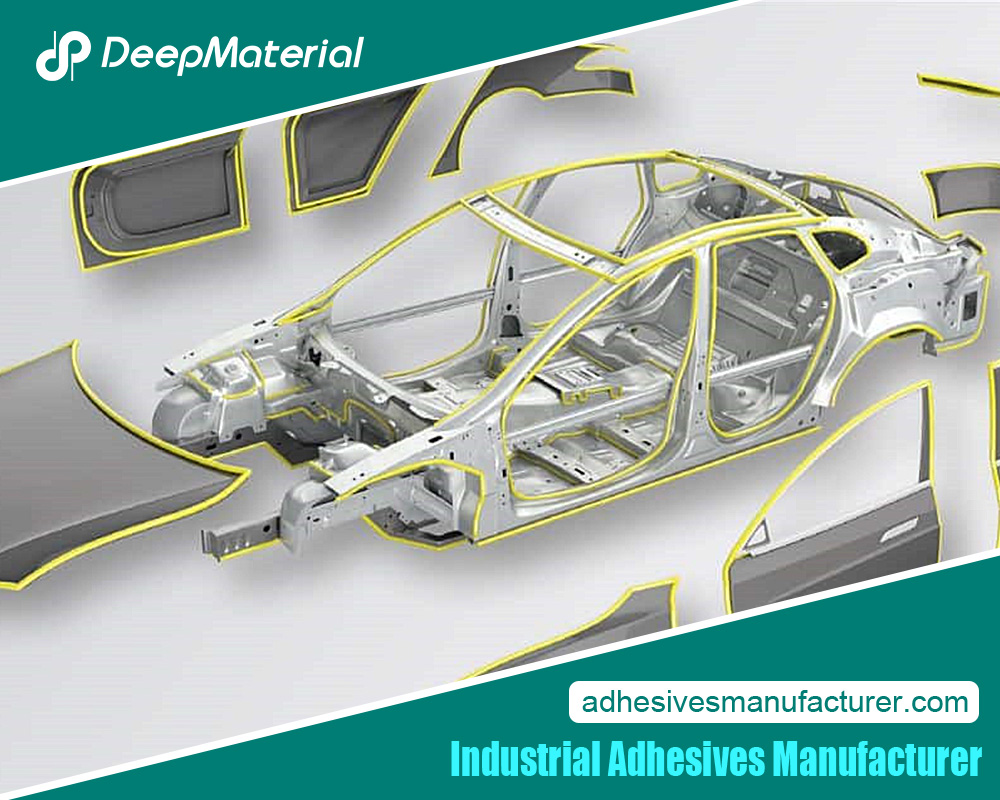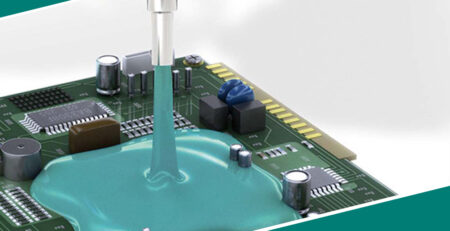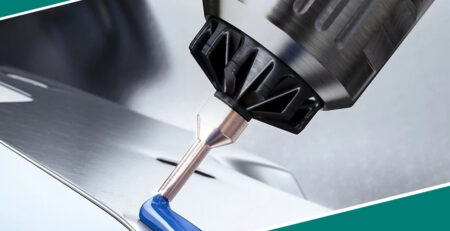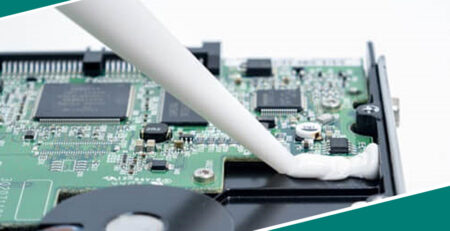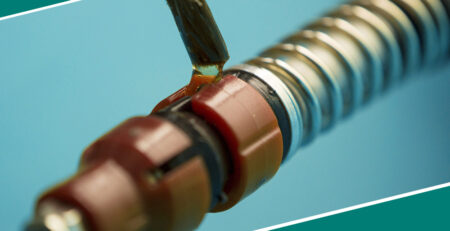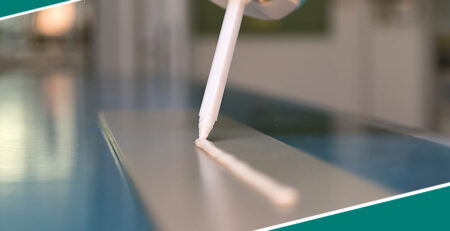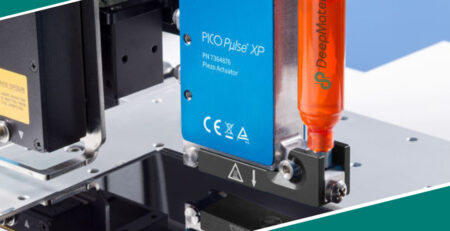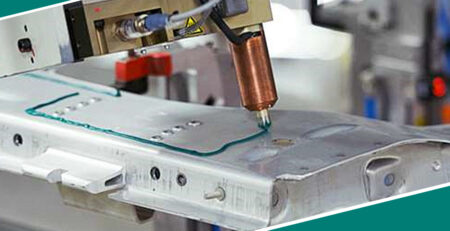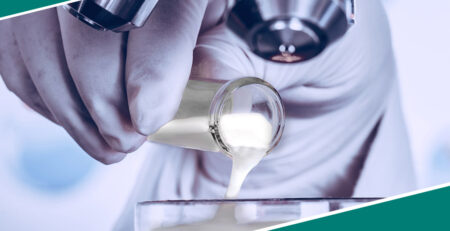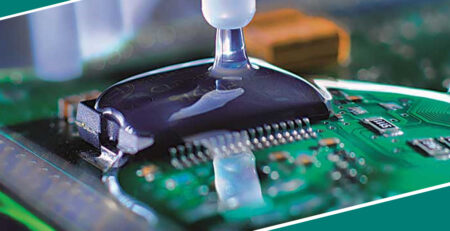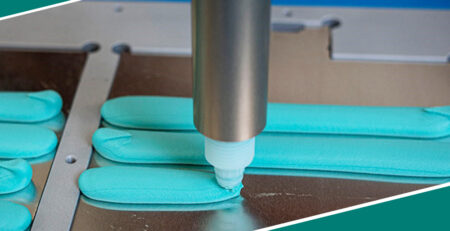The Versatility of PCB Epoxy Coating and Plastic Bonding Adhesive in Modern Manufacturing
The Versatility of PCB Epoxy Coating and Plastic Bonding Adhesive in Modern Manufacturing
In the rapidly evolving world of electronics and manufacturing, two materials have become prominent due to their indispensable properties: PCB epoxy coatings and plastic bonding adhesives. These materials have become essential in ensuring the durability, reliability, and efficiency of electronic devices and various manufacturing processes. As industries continue to push the boundaries of innovation, understanding the roles of PCB epoxy coatings and plastic bonding adhesives is crucial for engineers, manufacturers, and designers alike. This article delves into these materials’ applications, benefits, and future trends, offering a comprehensive overview of their importance in modern manufacturing.
Understanding PCB Epoxy Coating
PCB (Printed Circuit Board) epoxy coating is a protective layer applied to printed circuit boards to shield them from environmental factors such as moisture, dust, and chemicals. This coating is crucial in preserving the board’s integrity, ensuring the electrical components function as intended without interference from external elements.
Applications of PCB Epoxy Coating
PCB epoxy coatings are widely used across various industries, including:
- Consumer Electronics: Smartphones, laptops, and other gadgets rely on PCB epoxy coatings to protect their internal circuitry from moisture and contaminants, possibly leading to short circuits or device failure.
- Automotive Industry: The harsh conditions in automotive environments, such as high temperatures and exposure to chemicals, require robust protection for electronic components, making epoxy coatings a vital part of vehicle electronics.
- Aerospace and Defense: Electronic components in these sectors are often exposed to extreme conditions. PCB epoxy coatings ensure these critical systems maintain functionality in demanding environments.
- Medical Devices: The reliability and safety of medical devices are paramount. PCB epoxy coatings help ensure these devices operate correctly and safely, even in challenging conditions like sterilization.
Benefits of PCB Epoxy Coating
The advantages of using PCB epoxy coatings include:
- Environmental Protection: Epoxy coatings act as a barrier against moisture, dust, and chemicals, preventing corrosion and other forms of degradation that could compromise the performance of the PCB.
- Electrical Insulation: These coatings provide excellent electrical insulation, reducing the risk of short circuits and improving the overall reliability of electronic devices.
- Thermal Stability: PCB epoxy coatings can withstand various temperatures, making them ideal for applications where thermal stability is crucial.
- Mechanical Strength: The coating adds a layer of mechanical strength to the PCB, helping it resist physical damage during manufacturing, handling, and use.
Exploring Plastic Bonding Adhesives
Plastic bonding adhesives are specialized adhesives designed to bond plastic materials together. With the increasing use of plastics in various industries, these adhesives have become essential for manufacturing processes where plastic components must be joined securely and efficiently.
Types of Plastic Bonding Adhesives
There are several types of plastic bonding adhesives, each with its unique properties and applications:
- Cyanoacrylate Adhesives: Also known as superglue, these adhesives are known for their fast curing times and strong bond with plastics. They are commonly used for small, precise applications.
- Epoxy Adhesives: Epoxies provide a robust, durable bond that can withstand various environmental conditions. They are often used in applications requiring a long-lasting bond.
- Polyurethane Adhesives: These adhesives are flexible and resistant to impacts, making them suitable for applications where the bonded plastics experience movement or stress.
- Acrylic Adhesives:Acrylic adhesives offer a strong bond with plastics and are often used in applications requiring quick curing and high durability.
Applications of Plastic Bonding Adhesives
Plastic bonding adhesives are used in a wide range of industries, including:
- Automotive Manufacturing: These adhesives bond plastic components in vehicles, such as dashboards, trim, and body panels, ensuring a solid and durable bond.
- Consumer Electronics: In devices like smartphones and tablets, plastic bonding adhesives assemble components, providing a seamless finish and ensuring the device’s durability.
- Medical Devices: Plastic bonding adhesives are crucial in the manufacturing of medical devices, where secure bonds are necessary for patient safety and device reliability.
- Packaging Industry: Adhesives are used in the packaging industry to create solid seals for plastic containers and packaging materials.
Advantages of Plastic Bonding Adhesives
The benefits of using plastic bonding adhesives include:
- Strong Bonds: Plastic bonding adhesives are designed to create durable bonds that withstand environmental stresses and physical impacts.
- Versatility: These adhesives can bond a wide range of plastic materials, making them suitable for various applications across different industries.
- Ease of Application: Plastic bonding adhesives are generally easy to apply, with many types offering quick curing times, which helps speed up the manufacturing process.
- Cost-Effective: Using adhesives for plastic bonding can be more cost-effective than traditional mechanical fastening methods, such as screws or welding.
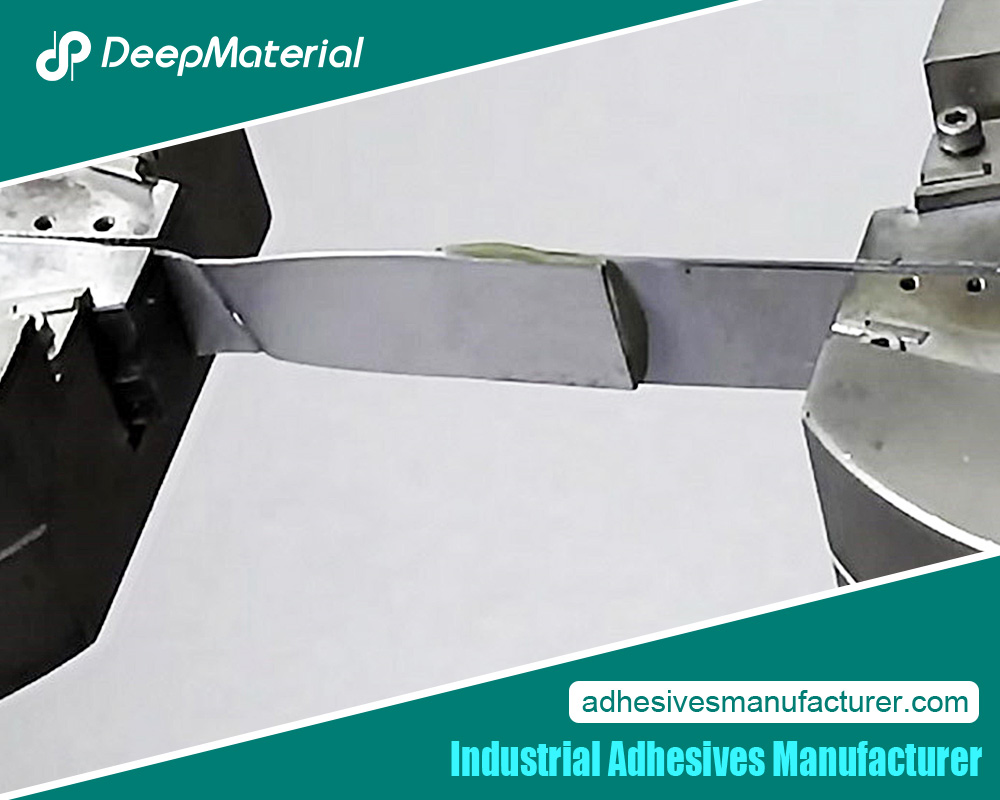 Synergy Between PCB Epoxy Coating and Plastic Bonding Adhesive
Synergy Between PCB Epoxy Coating and Plastic Bonding Adhesive
PCB epoxy coatings and plastic bonding adhesives play crucial roles in many modern electronic devices and products. Their combined use ensures that the devices are durable, reliable, and capable of withstanding various environmental challenges.
Enhancing Durability and Reliability
- Integrated Circuit Protection: By using PCB epoxy coatings alongside plastic bonding adhesives, manufacturers can create electronic products with enhanced durability. The epoxy coating protects the circuit board, while the adhesive ensures that the plastic components are securely bonded, reducing the risk of component failure.
- Improved Thermal Management: In critical applications, such as high-performance electronics, epoxy coatings provide thermal stability, while adhesives help maintain the integrity of the assembly under thermal stress.
Streamlining Manufacturing Processes
- Efficiency in Production: Plastic bonding adhesives can simplify the assembly process, eliminating the need for mechanical fasteners, which can be time-consuming to install. The protective properties of PCB epoxy coatings further enhance this efficiency, reducing the likelihood of defects during manufacturing.
- Design Flexibility: The combination of PCB epoxy coatings and plastic bonding adhesives allows for greater design flexibility in electronic devices. Manufacturers can create more compact, lightweight designs without compromising strength or durability.
Future Trends in PCB Epoxy Coating and Plastic Bonding Adhesive
As technology advances, the demand for more sophisticated and high-performance materials drives innovation in PCB epoxy coatings and plastic bonding adhesives.
Advanced Materials
- Nanotechnology:Incorporating nanotechnology into epoxy coatings and adhesives will improve their performance. For example, nano-fillers can enhance the thermal conductivity of epoxy coatings, while nano-adhesives can provide stronger bonds at the molecular level.
- Eco-Friendly Formulations: With growing environmental concerns, an increasing focus is on developing eco-friendly epoxy coatings and adhesives. These formulations aim to reduce volatile organic compounds (VOCs) and other harmful emissions during manufacturing and application.
Smart Manufacturing
- Automation and Robotics: Integrating automation and robotics in manufacturing processes will likely influence the application of PCB epoxy coatings and plastic bonding adhesives. Automated systems can apply coatings and adhesives with greater precision, reducing waste and improving product consistency.
- 3D Printing: As 3D printing technology becomes more widespread, the use of epoxy coatings and adhesives in additive manufacturing will likely increase. These materials can enhance the strength and durability of 3D-printed components, expanding the possibilities for custom-designed electronics and plastic parts.
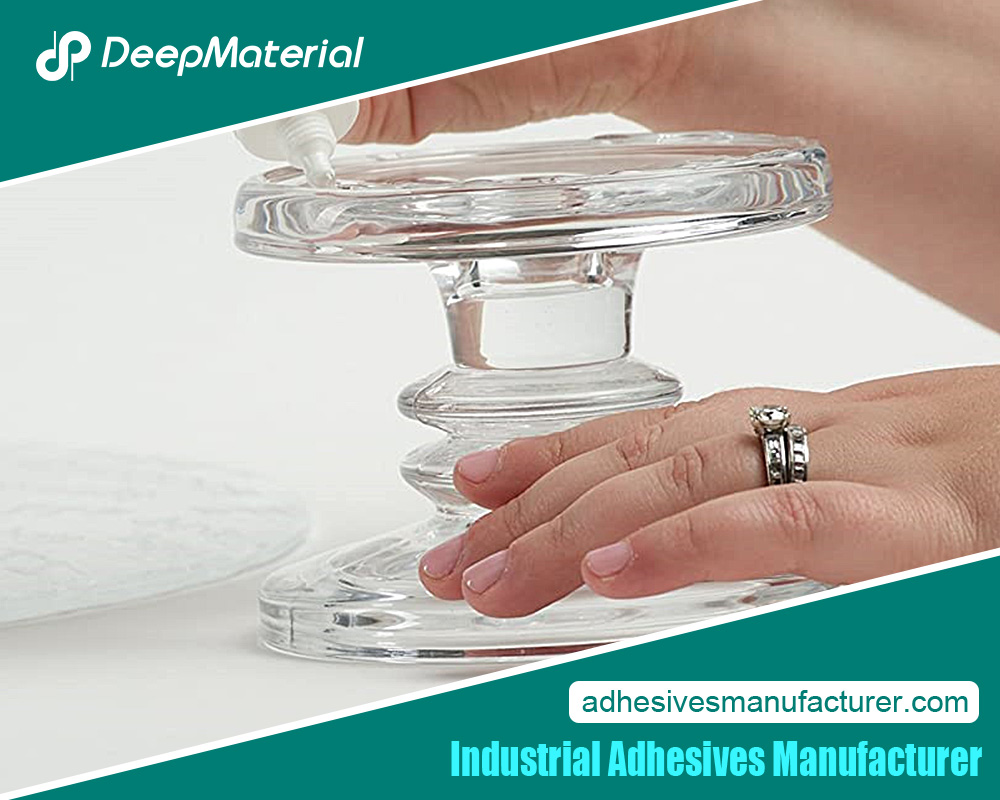 Conclusion
Conclusion
The role of PCB epoxy coatings and plastic bonding adhesives in modern manufacturing cannot be overstated. These materials are critical in ensuring the reliability, durability, and efficiency of electronic devices and various plastic components used across industries. As technology continues to evolve, developing advanced materials and intelligent manufacturing techniques will further enhance the capabilities of these coatings and adhesives, paving the way for more innovative and sustainable products. Understanding the applications, benefits, and future trends of PCB epoxy coatings and plastic bonding adhesives is essential for competitive manufacturing.
For more about a complete guide to the versatility of PCB epoxy coating and plastic bonding adhesive in modern manufacturing, you can pay a visit to Deepmaterial at https://www.adhesivesmanufacturer.com/ for more info.

